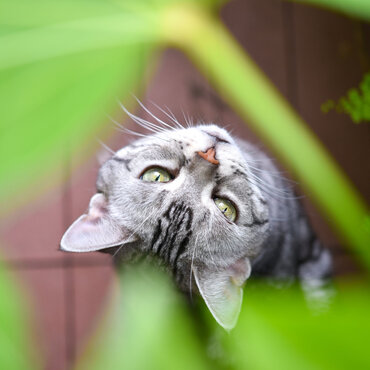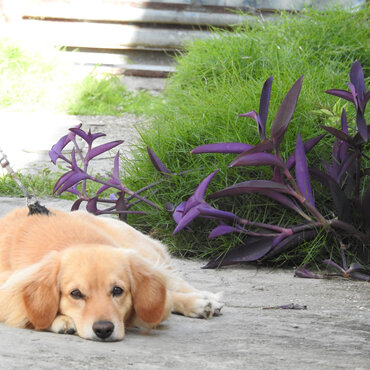Franklin Vets
Franklin Vets - excellence in veterinary care for dairy, farming, lifestyle, equine and household pets. BESTPRACTICE ACCREDITED NZ.
Your account is powered by Storbie. To edit your profile visit my.storbie.com
Your account is powered by Storbie. To edit your profile visit my.storbie.com

The thing is, how can you tell if your houseplant is safe or poisonous for your cat or dog? This article helps you figure out what to look out for and how to choose indoor plants that look great and don’t pose a threat to your pet.
There are a lot of indoor plants that are dangerous for your pets. Pink and yellow oleander might look nice in a pot, but every part of the plant is poisonous! Even the sap from your standout poinsettia can cause skin irritation.
From lovely lilies to gorgeous geraniums, plenty of plants can make your cat or dog seriously ill. If you've got aloe vera, azaleas, cyclamen, philodendron or tulips in the house, give them to a pet-less friend.

The good news is that there are heaps of plants that are safe (and easy) for you to grow indoors. Spider plants, ferns and colourful bromeliads and marigolds are all harmless to dogs and cats. Beautiful moon orchids are safe too. Check out the ASPCA website for a list of houseplants that are safe for your pet.
Cats seem to be more into plants – catnip (Nepeta cataria) being the obvious one. It’s easy to grow indoors so makes for a perfect houseplant. You could grow some cat herbs, such as cat mint (Nepeta mussinii) and cat thyme (Teucrium marum). Both cats and dogs like to eat grass as it's good for their digestion, so keep cat grass (Dactylis glomerata) in a pot for them to chew on occasionally.
If your cat or dog has ingested something poisonous, they’re likely to be lethargic, stop eating, be sick and have diarrhoea. They might even have a seizure. Check their gums to see if they look abnormal (normal is a healthy pink). If your pet displays any of these symptoms, contact us immediately and be ready to bring your companion in. When calling please let us know what your pet has eaten as this helps us to know exactly what your pet has ingested and therefore the best way to treat it.
Franklin Vets - excellence in veterinary care for dairy, farming, lifestyle, equine and household pets. BESTPRACTICE ACCREDITED NZ.



